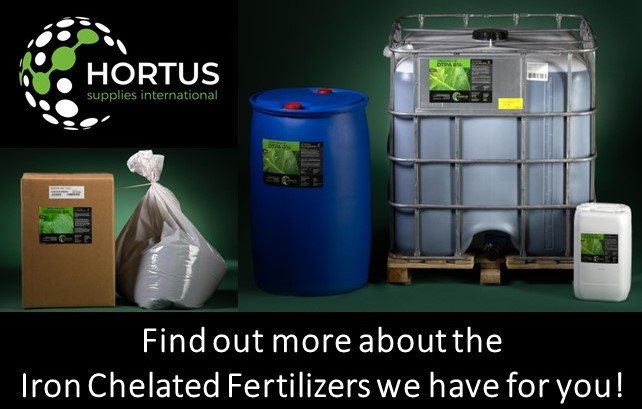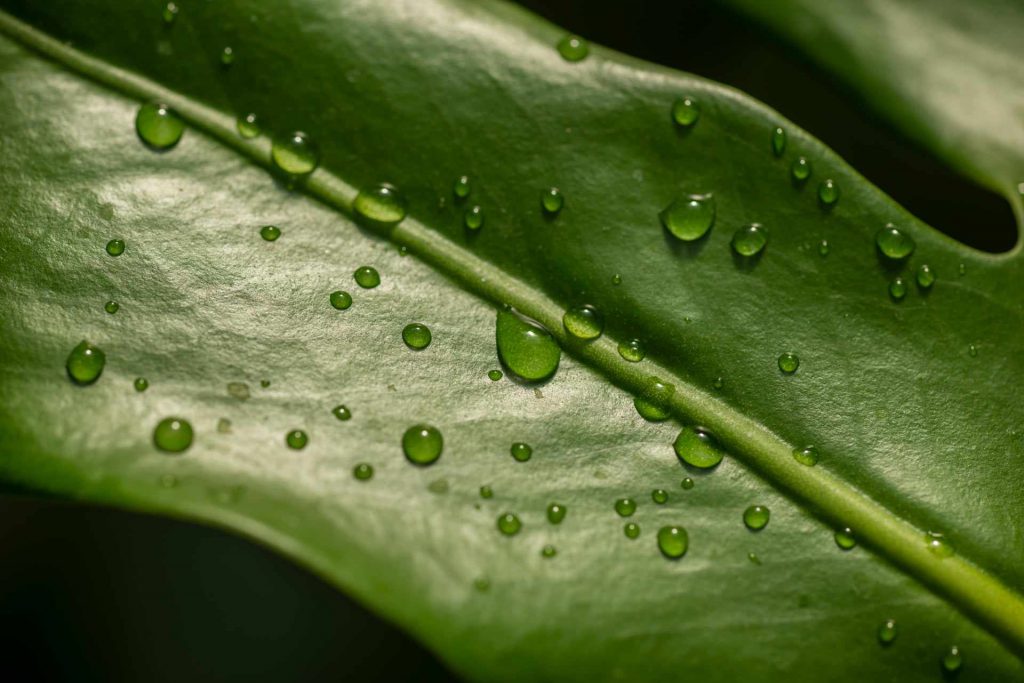
What is the best iron chelate for your crop?
Are you using the right type of iron chelate? We are talking to Nico van der Spek from Hortus Supplies International about the ins-and-outs of iron chelates in this article. What different kinds of ironchelate are offered and how can you make the right choice? At the end of this article, Nico comes up with a great tip that will help you save substantially on costs.
Chelated iron is an essential part of almost every grower’s nutrition schedule. But not every grower uses the right type of iron chelate. Do you use a liquid iron chelate or rather a solid form? What concentration do you use? We talk to expert Nico van der Spek about selecting the right iron chelate for your crop and your business.
“Iron chelate is well known to many growers, yet there is often a lot of profit to be made. For example, there are growers who still spread ironsulphate, inexpensively but the plant has difficulty absorbing it. As a result, the effect remains limited and iron deficiency can occur. Precisely the chelated forms ensure good absorption, and that is what we advise our customers to use.”

Choose the best chelated iron
The best chelate to use is mainly determined by the type of cultivation. The pH of the soil or substrate determines which chelate you should use; too high an PH value means the chelate cannot hold the iron. Substrate has a lower pH (7 to 8) than open field, which means you choose a different chelate form, e.g. DTPA. For open field, a HEEDTA, EDDH(M)A or even HBED, is then preferable. Usually, a combination of DTPA 6% iron and EDDHA 6% iron is used. The DTPA chelated is low in sodium. And that is again beneficial for plant growth.
Would you like free tailor-made advice? Tell us more about your situation below and you will get a quick answer.
Nico explains about a great field experience:
“One of our customers, a pepper grower, is cultivating on substrate, I know that he should use a liquid iron, DTPA 6%. This is a chelated form that goes up to a pH of 7. In addition, he uses a little bit of EDDHA, which is a solid form of iron that we also call red iron, which goes up to a pH of 12. This way, he ensures that if he has pH peaks, the crop can still absorb iron. Of course, his nutrient recipe is completely tailored to this and he simply adds this to his fertilizer programme.”
Transportcosts
Transport costs are additionally another good reason to reconsider your choice of iron chelate in this day and age, according to Nico:
“Especially in these days, when we want to save on transport costs and environmental impact of transport, it may pay off to take another look at your iron chelate. A higher concentration of iron chelate, in liquid or solid form, is a great way to save on transport costs. High chelate stability also ensures that less precipitation takes place in the fertilizer tank. This issue requires a little more thought and explanation when using it, but it can save the grower money. Our team will be happy to tell you more about the possibilities and implications.”
In short, plenty of reason to be in touch with Hortus and once discuss your choice of iron chelate. Our team can provide you as a grower with advice straightforward that you can actually use.


